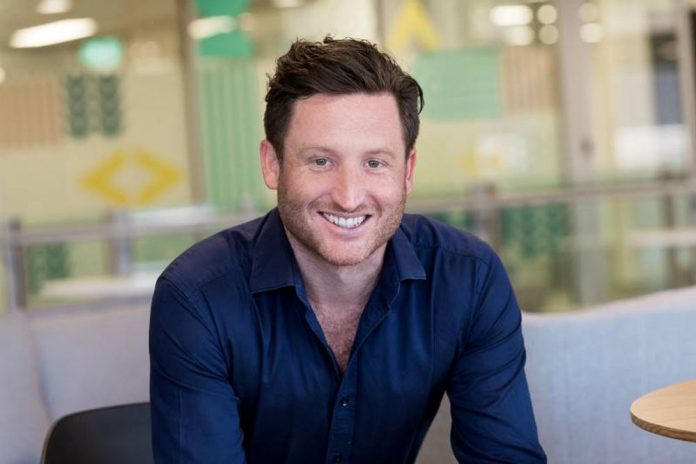In this timely guest post, Dr Liam Mayo, CEO of support provider Comlink Australia, shares his views on the future of care in Australia, and questions that can be asked to help the sector plan for that. On Thursday, the government released the 2023 Intergenerational Report that goes some way to quantify the scale and what lies ahead in how we provision care and support services.
Currently, ours is a society that prefers progress and productivity over immobility; where ageing is pathologised and regulated, and worse, bureaucratised. A society where the workforce for an entire sector is undervalued and underpaid, where service providers are sandwiched between need and resource, and people ageing in our communities are bereft of the wherewithal to make sense of any of it.
This is a crisis of culture.
To address this, we need a new future for ageing in Australia. Because the success of any culture is built on the strength of its vision of the future; if the vision is weak, the culture fails. A strong vision paves the way for a culture to flourish.
Whilst the case for why reform needs to occur has been well made – and supported – where we are going and how we are going to get there remains somewhat opaque.
Creating a new future of ageing in Australia requires us to ignite our imagination.
Try this: In your mind’s eye, imagine yourself older; five, ten, twenty, thirty years from now – it doesn’t matter. Imagine yourself at an age that you associate now as an elderly person. Where are you? What do you see? What do you appreciate? What do you dislike/complain about? What day-to-day issues do you need to manage to have a ‘goodish’ day?
Have you got that vision? Are you holding that in your mind’s eye? Let’s go on:
What is it like to be an older version of yourself? Who do you engage with? Is it easy or hard for you to engage with them? What systems are in place to support you? When things go ‘wrong’ who do you turn to? How connected are you? Who are you connected to? Who do you see as leaders? Who can they rely on? Why?
And, still in the future, we can then go deeper, and ask ourselves:
What assumptions about life, aged care services and your community does your future self have? Do these assumptions resonate with you specifically, or everyone around future you? Are your assumptions the majority or peripheral? Are these assumptions conducive to the services you receive? What do think about ageing? What do you think about the government and service providers? How do you feel about your future from that point on?
And finally (and this is the most powerful part):
If I were to ask you to tell me the story of your future as an ageing Australian, what would your story be? Would it be a dystopian story, of fight or famine? Or a story of hope, fulfilment, and joy? Or something entirely different?
This is playing with anticipation. We need to do this because, whilst the future doesn’t exist now in the present, anticipation does. And we can use anticipation to create our new vision for the future. Like culture, a reform agenda, a strategic plan, a policy, a structural change, without a strong vision for the future we are destined to tread the same path that got us here in the first place.
The wonderful thing about this process is that you don’t have to confine it to your own future. You can invite your friends, family, or colleagues to do this too.
We have used this process to build our corporate strategy at Comlink Australia and have found it extremely useful because it takes us beyond the frustrations and uncertainty of today, to thinking about what the future may look like and how we can get there.
There are many different possible futures. Everyone has their own future; I have a future, you have a future, those people over there have their own future. The one thing that unifies all our futures is that we are all ageing. How we age is a question of culture.
It is up to us to reflect deeply on the culture of ageing we want for Australia, now for the sake of all our futures.










